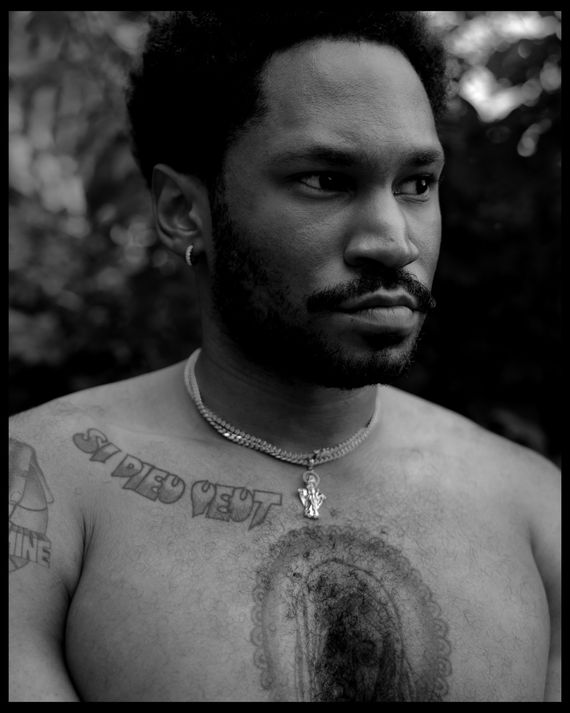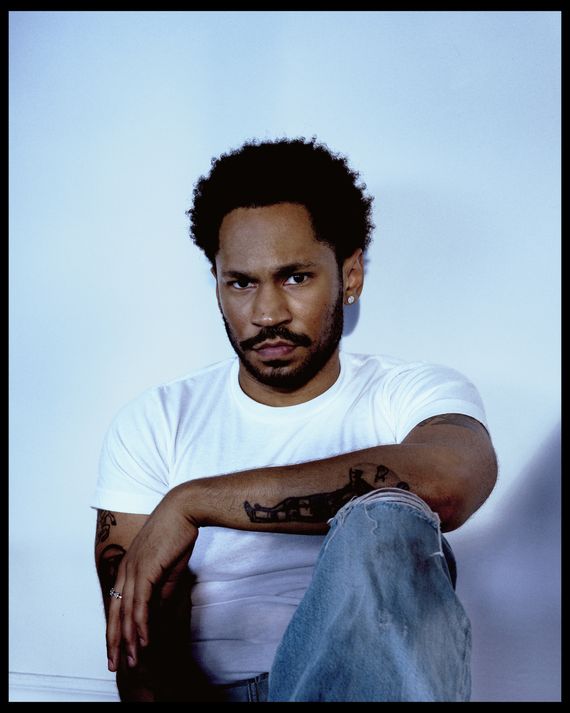
Kaytranada is seated inside a dimly lit bistro in Montreal’s Mile End, wearing large sunglasses and a Frank Zappa T-shirt, regretting the hedonism that led to his present ruined condition. He lives in Los Angeles, but he grew up here, in a quiet borough some ten miles away, and a trip home for his mother’s birthday has also meant debaucherous reunions with childhood friends. “I don’t want to drink anymore,” he says half-heartedly in a soft French Canadian accent, pushing away the wine menu before ordering a bottle of sparkling water. Famous last words from the in-demand DJ-producer for whom partying is both his métier and escape. Kaytra recently attempted to forgo weed, too — his Grammy-winning sophomore album, 2019’s Bubba, was named for the strain he smoked while developing its effervescent sound — but he could only manage the abstinence for about three weeks this summer, during which he had unsettling dreams. In one, the snaggletooth on the right side of his smile somehow cracked in half, birthing a procession of other, smaller teeth that he couldn’t stop spitting up. Google theorized that some tectonic change or loss is imminent, perhaps the death of an old self. “Whatever,” he grumbles in his characteristically blasé fashion, leaning back into his chair. “I guess I’ll be on the lookout.”
Kaytra got his start as a teenager reverse engineering Dilla beats on his computer and remixing old hip-hop and R&B songs in a basement bedroom — reworks that totally transformed songs by Common or Janet Jackson or Amerie and still stand the test of time. He is now seen as one of the most significant musicians from Canada in the past few decades. Much of his shift from if you know, you know status to almost mainstream has happened fairly recently. In 2021, he became the first Black producer and openly gay artist to earn a Grammy for Best Dance/Electronic Album. He was the opener for the Weeknd’s After Hours Til Dawn Tour in 2022 and made his debut in a prime-time slot at Coachella last year. In June, he released his favorite record he’s ever made, the 21-track Timeless, which plays the way a humid poolside dance party might unfold; his friends (Anderson .Paak, PinkPantheress, Childish Gambino, Channel Tres) and younger brother (Lou Phelps) sing over lush, thumping productions that sparkle like sweat beads rolling down a pulsing neck vein. At 32, he’s about to embark on the biggest tour of his career, trading in his usual midsize venues for a mix of amphitheaters and stadiums.
More seats to fill competes with the psychedelic logic of Kaytranada’s universe, a futuristic disco where sitting down is unfathomable and the dance floor goes on forever. “Shows like that can be a bit awkward,” he says between bites of a tuna sandwich, noting his preference for venues with a capacity of 1,000. “If I was singing and playing along, maybe it would be different.” The occasion has meant reimagining the ambitions of a Kaytranada performance in ways he isn’t keen to spoil. He doesn’t typically have guests, for example, but this time he has conscripted Tres, Amaarae, Kitty Ca$h, Phelps, and Sam Gellaitry to assist him across various dates. He is also searching for ways to translate his dreamlike studio-set visualizers to a stage setting (in one, he starts floating, tethered to the world by only the cord of his headphones; in another, he catches a groove in a sea of strobe-lit, half-clothed bodies drenched by overhead sprinklers). But anyone who has attended a show since his early days DJ-ing will have noticed a gradual evolution. Whatever shyness he has evaporates when he stands behind the decks.
“I remember when I would be onstage with just my name on a screen behind me, and that would be all,” he says. “Growing up, I wasn’t going the extra mile to have other shit around my DJ-ing. I just felt like it was corny to have light shows and all that behind you.” Kaytranada was drafting the blueprint for his stuttering, soulful soundscapes in an era when the concussive rituals of brostep were ascendant with white teenagers mainlining “the drop” at EDM festivals headlined by Skrillex or Tïësto or Marshmello. But why shouldn’t he command the same amount of space and attention? “Maybe I just didn’t really want to show off too much, and it had something to do with my humbleness and being really hard on myself,” he says. “But now, I want to go big time.”
Timeless is the first time he has contributed lead vocals to his own work. “Stepped On,” on which he sings vulnerably about feeling overlooked and undervalued, was initially conceived of as a song for the Weeknd, who he says wanted to be on the album, but Kaytra loved how his own voice sounded on it so much that he decided to keep it for himself. Performing his songs is also how he dealt with the frustration of waiting for seemingly indifferent artists to actually finish their vocals and turn them in, a problem that has, historically, chipped away at his self-image. “It makes you think, like, Damn, nobody really fucks with me. And I know that’s not true,” he says. His entire discography and résumé of collaborators — who span hip-hop, jazz, R&B, pop, funk, and Afropop, among other genres — are proof of his popularity. He has already made several joint albums with other artists, like last year’s Kaytraminé with rapper Aminé, and hints at another collaboration with Tres, who’ll open the majority of Kaytra’s fall tour. (“We met at a studio session in L.A., and it was like, Where have you been all my life? ” he says of Tres; their song “Drip Sweat,” which sets a whole room in motion in a recent Levi’s commercial, is an irresistible, club-ready testimony to their undeniable musical chemistry.) But deciding to put more of himself in his music has got him thinking of releasing a whole project that’s all Kaytranada from top to bottom, the glossy self-actualization of a pop star hiding in plain sight.
Kaytranada was born Louis Kevin Celestin in 1992 in Port-au-Prince, Haiti. Shortly after his birth, his family immigrated to Canada and settled in a quiet suburb outside Montreal called Saint-Hubert, where his father was a taxi driver and real-estate agent and his mother worked in health care. His love for hip-hop bloomed in the basement he shared with his younger brother, Louis-Philippe, where he would make dozens of beats every week to the detriment of his sleep schedule. Music formed the weather in the household: his father’s affection for his homeland’s native kompa, a jazz-based dance music derived from merengue, and his elder sisters’ taste for groovy, sinuous neo-soul. Kaytranada’s creative passions have always bordered on scholarly. Even his tattoos are a conspicuous map of his touchstones: a portrait of Stevie Wonder, a hand palming a basketball printed with THE WORLD IS YOURS, an illustration related to the 1976 blaxploitation film The Human Tornado. (In his spare time, he loves to watch movies on Criterion, and lately fell into a collection called “Synth Soundtracks.”) His remixing and sampling practices, too, have often rested on trawling digital crates to exhume electronic and R&B artists who never blew up the way they should have. In this way, Kaytranada functions as a kind of musicologist, a point in a traceable diaspora still unfurling into the present.
And he possesses a DJ’s curious ear for the elements. He recalls a formative childhood experience listening to Michael Jackson’s “Wanna Be Startin’ Somethin’” on a Walkman with broken headphones and being blown away by the accidental remix effect: All that came through the malfunctioning earbuds was that rollicking, disco-kissed instrumental; the bright horn riffs and larger-than-life hand claps; and those sweet, unforgettable background vocals. In the early 2010s, he uploaded some of his own remixes to SoundCloud which bear the memory of that same broken stereo effect — the now-famous reimaginings of tracks like “If,” by Janet Jackson, and “Be Your Girl,” by Teedra Moses, that led to phone calls from Madonna and exchanges with Janet herself, culminating in a deal with XL Recordings and his Polaris Prize–winning debut album, 2016’s 99.9%.
-
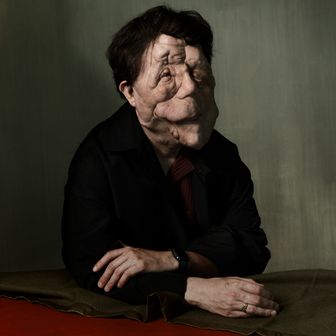 Adam Pearson Is No Wallflower
Adam Pearson Is No Wallflower -
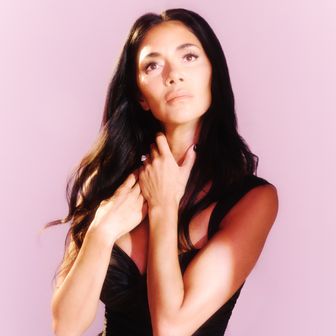 Nicole Scherzinger Never Stopped Dreaming
Nicole Scherzinger Never Stopped Dreaming -
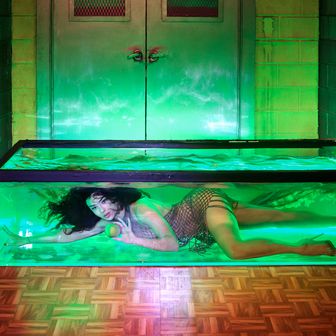 Charli XCX Is Too Brat to Fail
Charli XCX Is Too Brat to Fail -
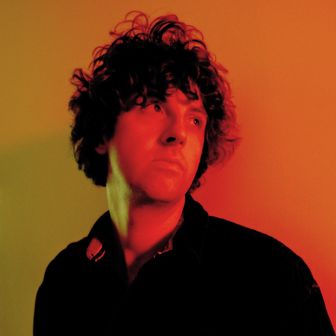 Jamie xx Didn’t Ruin Club Music
Jamie xx Didn’t Ruin Club Music -
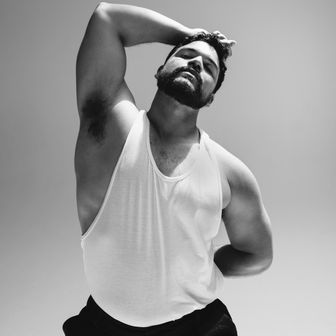 Josh Rivera Takes the Lead in American Sports Story
Josh Rivera Takes the Lead in American Sports Story -
 10 Anime We Can’t Wait to Watch This Fall
10 Anime We Can’t Wait to Watch This Fall -
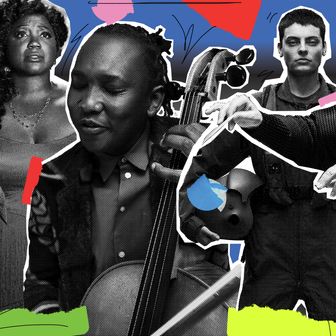 30 Classical-Music Performances to Hear This Fall
30 Classical-Music Performances to Hear This Fall -
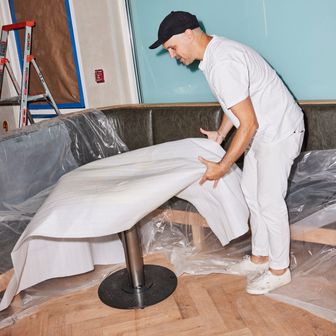 Here Are All the Fall Openings We’re Watching
Here Are All the Fall Openings We’re Watching -
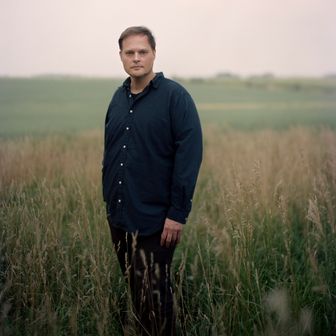 Garth Greenwell’s Grand Romance
Garth Greenwell’s Grand Romance -
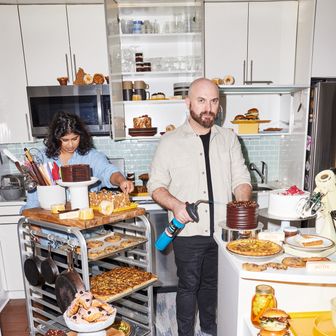 Hani’s Is a Bakery That Celebrates Cake
Hani’s Is a Bakery That Celebrates Cake
-
 Adam Pearson Is No Wallflower
Adam Pearson Is No Wallflower -
 Nicole Scherzinger Never Stopped Dreaming
Nicole Scherzinger Never Stopped Dreaming -
 Charli XCX Is Too Brat to Fail
Charli XCX Is Too Brat to Fail -
 Jamie xx Didn’t Ruin Club Music
Jamie xx Didn’t Ruin Club Music -
 Josh Rivera Takes the Lead in American Sports Story
Josh Rivera Takes the Lead in American Sports Story -
 10 Anime We Can’t Wait to Watch This Fall
10 Anime We Can’t Wait to Watch This Fall -
 30 Classical-Music Performances to Hear This Fall
30 Classical-Music Performances to Hear This Fall -
 Here Are All the Fall Openings We’re Watching
Here Are All the Fall Openings We’re Watching -
 Garth Greenwell’s Grand Romance
Garth Greenwell’s Grand Romance -
 Hani’s Is a Bakery That Celebrates Cake
Hani’s Is a Bakery That Celebrates Cake
Timeless is Kaytra’s first full-length solo album in almost five years, but he never left the popular imagination. He was a ghost at the metaphorical house party in 2022, when two of the world’s biggest artists released projects grounded in a subculture he’s been transmitting from for the past decade and a half: Drake’s breezy, much-maligned Honestly, Nevermind pitted the rapper’s moody dispatches against a sprawling vortex of crystalline club music, and Beyoncé’s extravagant Renaissance honored the Black queer histories of dance music. The year before, Kaytra had won his Grammy. But only when two major pop stars dabbled in house music was a cultural reckoning initiated around how the genre was whitewashed, and suddenly critics, fans, and radio DJs were insisting that Kaytranada not be left out of the conversation. “Btw I would also like to add that before the Drizzy and Bey projects, young @IDK and @kaytranada just dropped a project with a lot of fire house beats as well,” tweeted HOT97 host Peter Rosenberg, referring to the pair’s joint 2022 album, Simple. In the Baltimore Banner, Lawrence Burney wondered why this sound was finding a resurgence: “Could it be a callback to early-’80s house music? An interaction with U.K. garage? Or something from the mind of Canadian electronic mastermind Kaytranada?” “I was just minding my business and then my name was trending on Twitter,” says Kaytra as he sips from a cup of tea. “I think that finally made me realize, like, Oh, shit. I am that dude. You know?”
To be fair, the way he tells it, he was approached at a Coachella after-party in L.A. to make beats for Honestly, Nevermind, and though he says it would have been “an honor,” he later overheard that it fell through because his casual response — “Sure, hit me up” — lacked fawning enthusiasm. “Was I supposed to be like, ‘Oh my God, for real? Drake?’ I’m not like that,” he says. He would later be the opening DJ for Beyoncé’s birthday show on the Renaissance tour at SoFi Stadium in L.A. last year (both are Virgos), but his crowd-pleasing remix of “Cuff It” never made it to most streaming platforms. Beyoncé’s team, he says, offered to pay him next to nothing for the remix — less money, he says, than what much smaller artists have paid — and wanted to retain all the rights to the song, too. “Sometimes people don’t see your worth and how important you are,” he says. He was comfortable enough saying “no”: “I know what I mean to people.”
Kaytranada still keeps a home in Montreal, but he spends most of his time in L.A., which he’s still acclimating to. It took him a while to decide he didn’t hate it, but he likes that he doesn’t feel like the biggest fish in a small pond there; here, everyone knows him, including the server behind the counter, who keeps casting furtive glances in our direction over the course of our lunch. He also feels less isolated from his work, because it’s much easier to collaborate there, and the last few years have marked a shift in the way he works with other people. He’s more at ease being in the studio with the artist in the booth and offering directives—“Try singing it this way,” “Maybe rap it like this,” “Add this,” “Remove that”—like a producer who knows what he wants. He still experiences people trying to undercut him, or “step on” him, as he sings on Timeless. He remembers a party he was DJ-ing in Hollywood recently where an undisclosed artist arrived and dispatched their manager to try to interrupt Kaytra’s set so they could install their own DJ. “I ended up having beef with that celebrity, just because I was like, ‘You’re not going to take me off,’” he says, laughing. “I think I was maybe just feeling myself a little and I needed to be like, ‘Son, you don’t know who I am?’”
More From fall preview
- Adam Pearson Is No Wallflower
- Nicole Scherzinger Never Stopped Dreaming
- Charli XCX Is Too Brat to Fail


